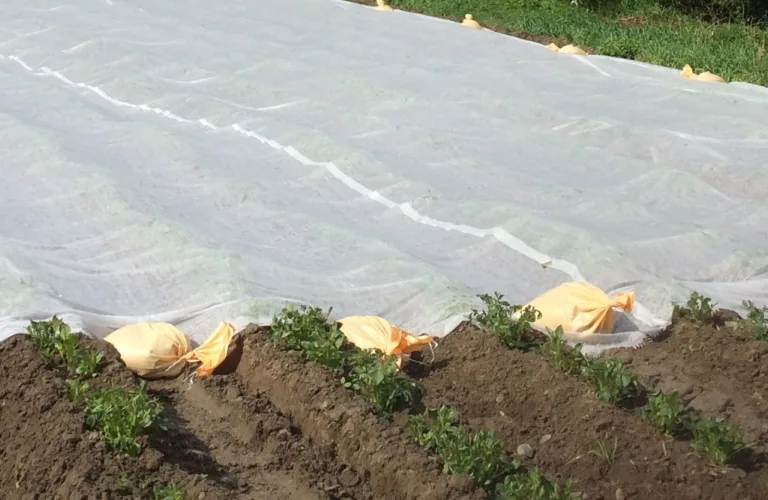Value creation and ecosystem services of European seaweed industry by reducing and handling potentially toxic elements from breeding to soil (SeaSoil)
The SeaSoil project aims to promote value creation, including ecosystem services, and further expansion of the seaweed industry in Europe.
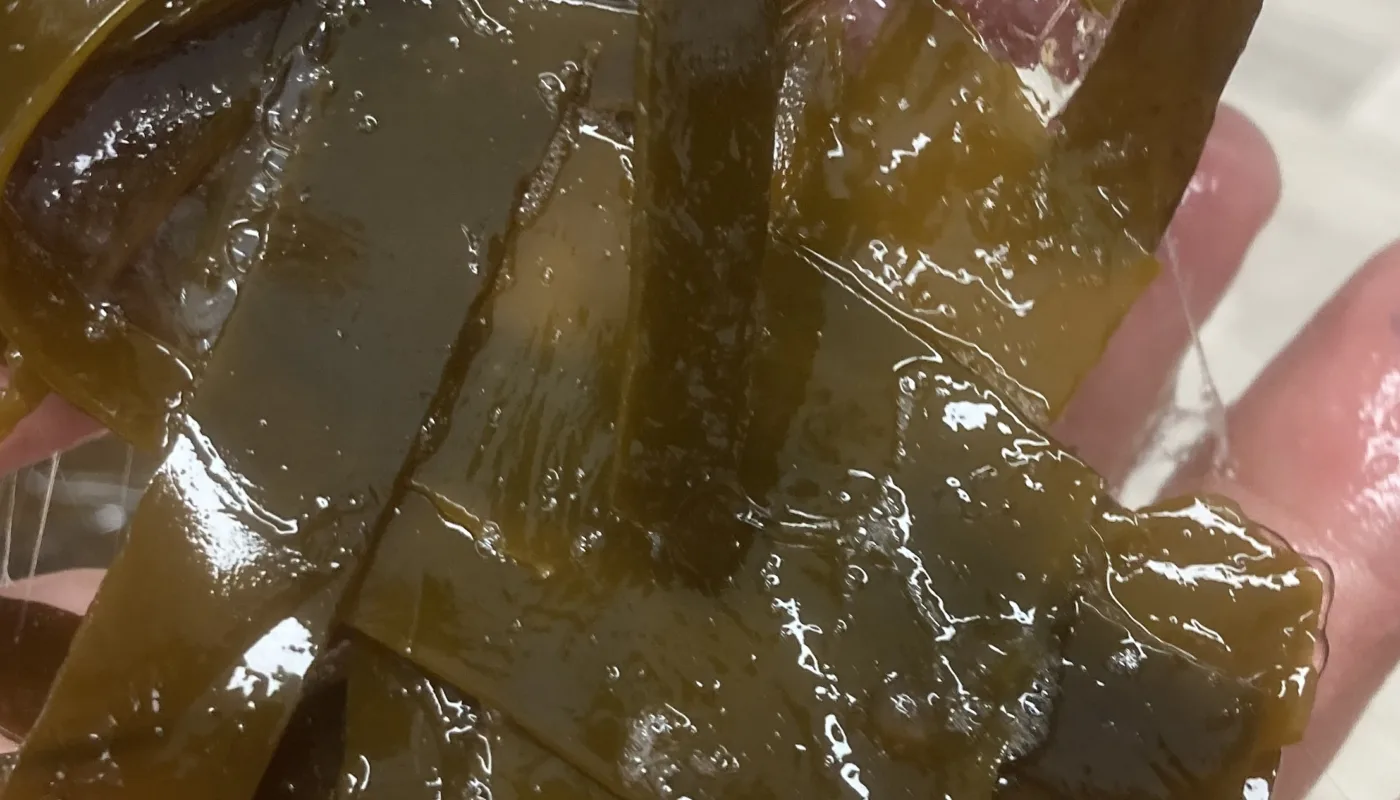
SeaSoil aims at boosting a sustainable seaweed industry in Europe by overcoming industry and regulatory barriers regarding knowledge gaps of potentially toxic elements (PTE) in farmed and harvested seaweed biomass. SeaSoil will facilitate reduction of PTE such as iodine, arsenic (As) and cadmium by selective breeding, resulting in improved food, feed and fertiliser products. And also to ensure food safety, promote soil health and carbon sequestration by application of seaweed biomass to soil.
Life Cycle
System and life cycle thinking will be central from breeding to residual biomass for soil amendment, with separate work packages for responsible research and innovation, as well as life cycle assessments, cost-benefit analysis and feasible value chain studies. NORSØK will participate actively in WP 3 Soil research, by delivering soil previously amended with seaweed materials for further studies in collaboration research institutes in Croatia, Denmark, Estonia and Norway.
Field experiment
Thanks to amplification funding from BlueBio co-fund (SeaSoilDemo), we conducted a field experiment during 2023 to study if a perennial grass-clover ley would survive an application of 2-4 kg of seaweed dry matter per m2. This is the maximum permitted amount over 10 years, due to the content of cadmium in brown seaweeds. The ley survived, but the aboveground plant material had too much potassium and too little calcium and magnesium, so the crop could not be applied as feed for ruminants. Further, the application increased the concentration of total arsenic (but not cadmium) in the crop dry matter. The growth was recorded throughout the whole season. The applied materials and continuous plant growth may be studied in three videos, available here:
Presenting the seaweed-based fertilizers in the Seasoil project
Seasoil: What happens when you apply the maximum rate of seaweed material to perennial ley?
Testing seaweed materials on perennial ley: Growth through the season
In 2024, the residual effects will be measured (yield of ley, concentrations of minerals in the plant material).
For the main project, we conduct a field trial in wooden boxes amended with increasing rates of seaweed, to monitor the soil dynamics and plant uptake of cadmium and arsenic in oats.
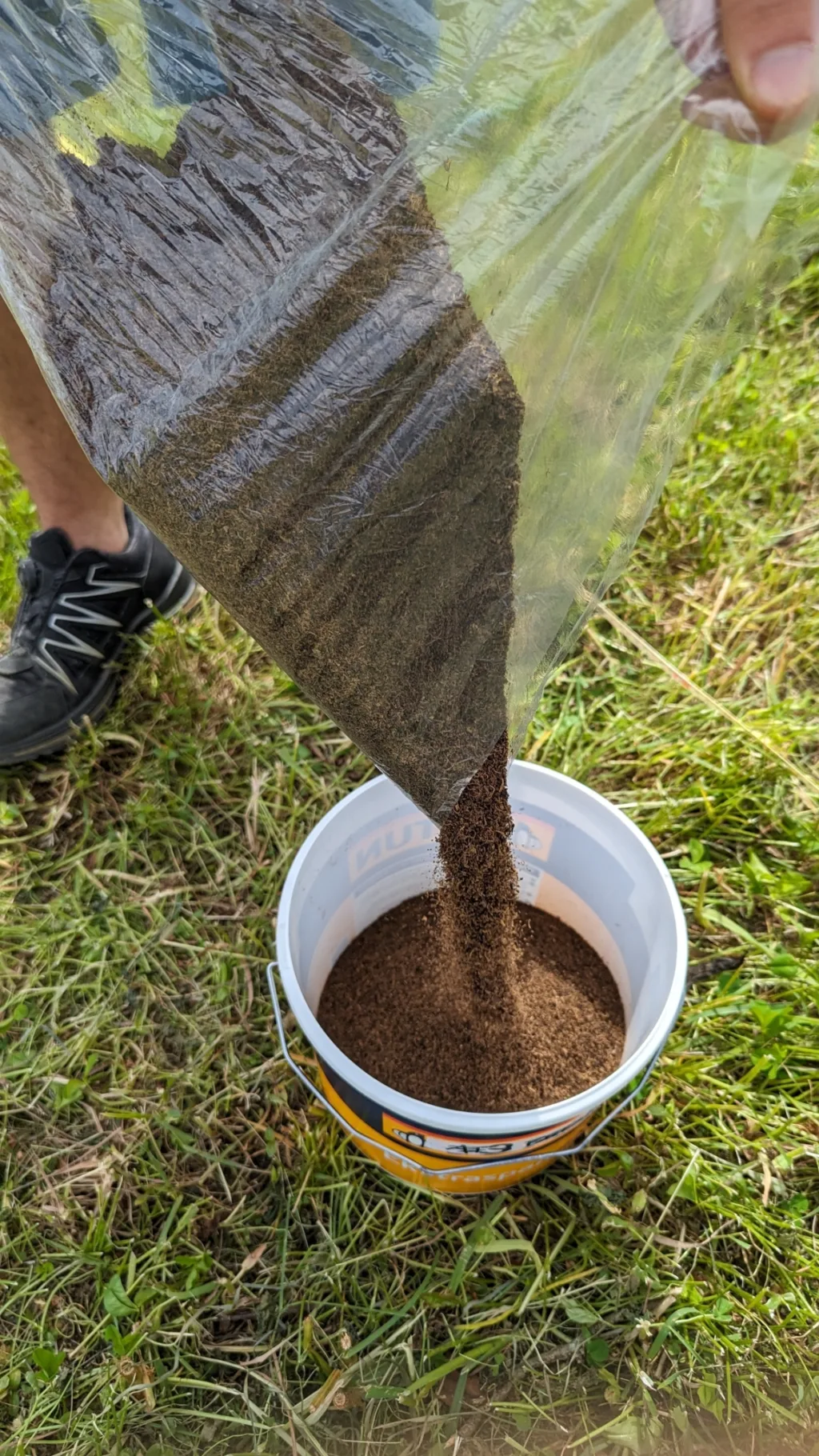
Project Details
Project details
| Project staff NORSØK: | Anne-Kristin Løes |
|---|---|
| Project partners: | The Norwegian food research institute, NOFIMA, NMBU, Norwegian University of life science, University of Aarhus (Denmark), Faculty Agrobiotehnickih Znanosti Oijek (FAZOS; Croatia), Oilean Glas Teodoranta and Industripartnere: Ocean Forest, Nutrimar and Algea (Norway), Oilean Glas Teodoranta and Donegal Seaweed, Ireland. |
| Funding: | The Norwegian Research Council, Blue Bio Cofund (ERA net), |
| Project period: |
Publications
No publications found
Related articles
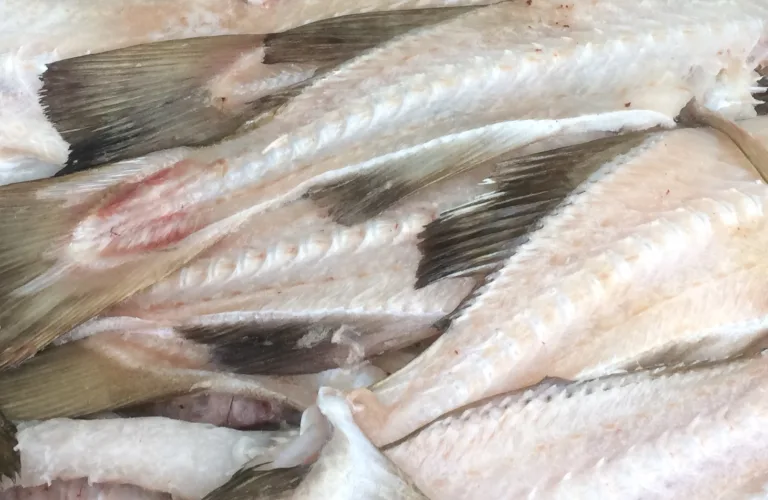
Sustainable utilization of MARine resources to foster GREEN plant production in Europe - MARIGREEN
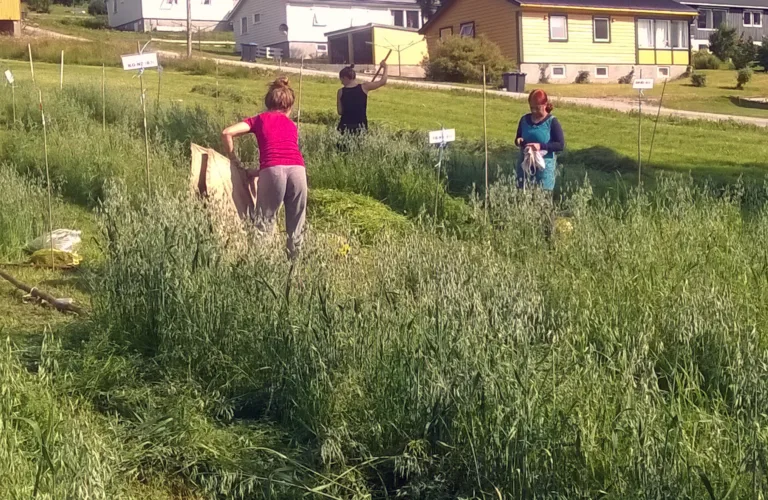
Residual materials from marine industries as fertilizers in organic agriculture (RESTOR)
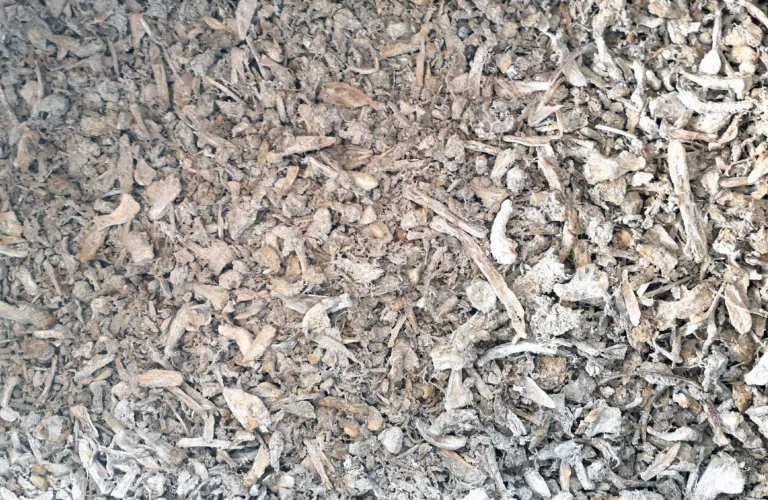
Fish bones as fertiliser
